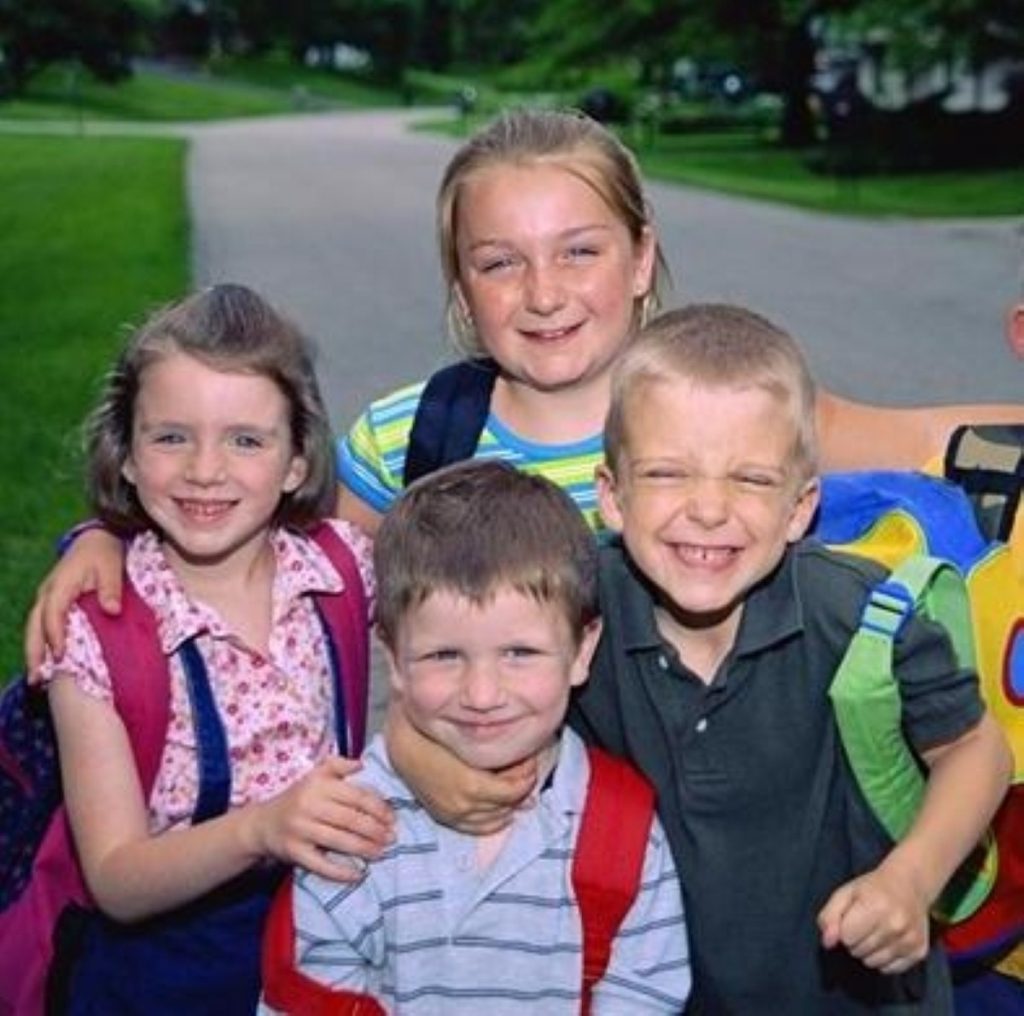Government ‘failing’ children’s rights
The government is failing to protect children’s rights, a damning report has concluded.
The Children’s Rights Alliance for England (CRAE) says the government has failed to make significant progress on children’s rights since it signed up to the UN Convention on the Rights of the Child.
Areas singled out by CRAE for concern include the educational achievement of gypsy and Roma children, treatment of asylum seeker families and the care of children in custody.
The UK incarcerates around 3,000 children at any one time, more than most other European nations. The CRAE voiced concerns that children are still routinely restrained to the point of needing oxygen, despite the deaths of two restrained children in 2004.


CRAE also criticised a new law that makes it illegal for children to be in a public place within five days of exclusion from school, pointing out this would even ban excluded children from visiting museums and libraries.
The coalition of more than 380 organisations concluded that protection of children is static and in some areas getting worse.
Carolyne Willow, national coordinator, said: “This report should be the final wake-up call to a government that so far has been in hibernation over most aspects of children’s human rights.
“Ministers must take immediate action on the serious breaches before the UK is subject to international scrutiny in 2008.”
Ms Willow added the government cannot “pick and choose” which children to protect and which rights to guarantee.
She said: “They are legally required to implement all aspects of the convention, and morally bound to act on the UN Committee’s recommendations.”
David Laws, the Liberal Democrat children spokesman, said ministers are still “failing” young people and the persistence of child poverty is “shameful”.
Children secretary Ed Balls yesterday tried to reject claims children in Britain suffer from a “toxic childhood,” insisting the “vast majority” are happy, in stable family arrangements and making a positive contribution to their communities.
He said: “All the evidence convinces me that we should reject theories that children growing up today are worse off than previous generations.
“I do not agree with claims that this is a worse time than ever to go through childhood. Nor do I agree that Britain is a bad place to grow up or that our communities have a detrimental impact on childhood. “
But Mr Balls admitted “serious challenges” remain, prompting the government to publish a ten-year strategy on childhood next month.
He said British children are well-educated but not to world class standards. Mr Balls said the government is also concerned children from disadvantaged backgrounds continue to underachieve in school, that significant numbers still live in poverty and that children can struggle to take part in “positive” pastimes, opting instead for risky behaviour.












